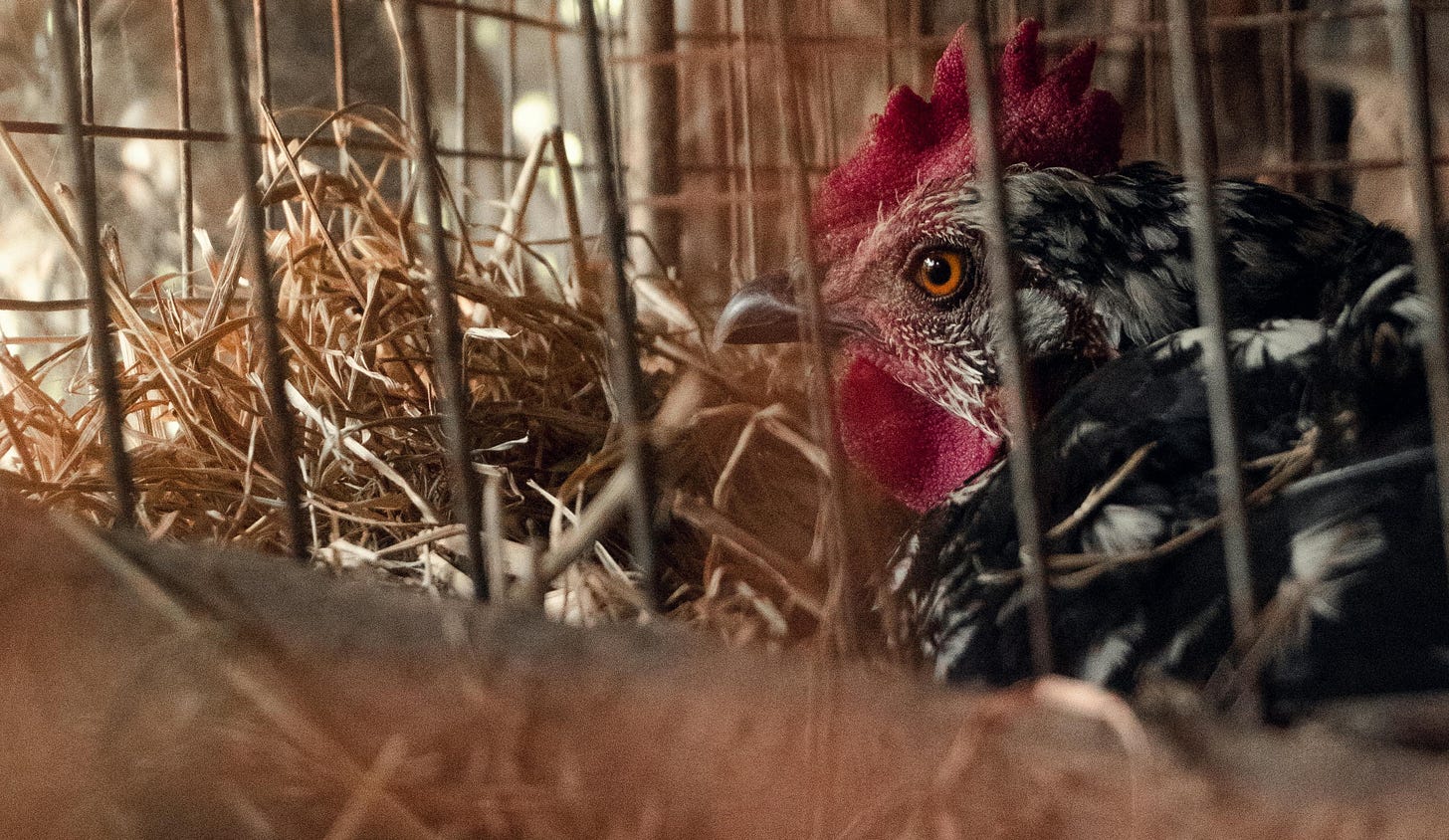The Chicken Coop
A story about poultry and productivity
The small farm where I grew up in Kansas has been in my family for generations. Years ago, my great-great-grandparents hired a young man we'll call Fred. He was a reliable worker and continued working on the farm when it passed on to the next generation.
One day, my great-grandmother noticed that one of her chickens wasn't doing well, so she put it in a coop to separate it from the other chickens and keep an eye on it. The following day, she saw that the unfortunate bird had died. When Fred came to work, she asked him to take care of it. "Fred," she said, "In the barn lot, you’ll find a chicken coop containing a dead chicken. Please take it out in the field and bury it."
No one saw Fred for the rest of the morning. Lunch came and went, but Fred never came back to the house. Finally, my great-grandmother got worried and sent someone to look for him. They found Fred in a nearby field, busily digging a massive hole that was going to be big enough to bury the entire 8x10 foot chicken coop that contained the single dead chicken.
After clarifying the requirements, my great-grandmother got the chicken buried without losing the entire coop. Fred was relieved he didn't have to finish digging the giant hole.
Now imagine that instead of telling Fred he only needed to bury the chicken–not the entire coop, my great-grandmother had continued to let him dig the oversized hole and decided the problem was how long it took to dig. Maybe she would have tried to get Fred a better shovel. Or perhaps she would have asked someone to help Fred. She might have even assembled an entire team of other farmhands to make the digging go faster. All of her efforts to speed up the excavation process would seem silly because no matter what she did to try to speed up the digging, it wouldn't have made the process of burying the chicken any more efficient.
While this is easy to notice when you run into a farmhand trying to bury the entire chicken coop, it is all too easy to miss when you are in the middle of trying to work through a dense list of tasks or doing your part of a complex process where you only have vague idea of how your work is being used.
Even with his years of farm experience, Fred was confused about what he was asked to do and what was actually needed. How often do we lose sight of (or not fully understand) the actual goal and waste hours of our time on work that accomplishes nothing?
The effort wasted across our economy doing unnecessary work is not insignificant. There is a difference between being productive and being busy, and we must be very careful to differentiate the former from the latter.


